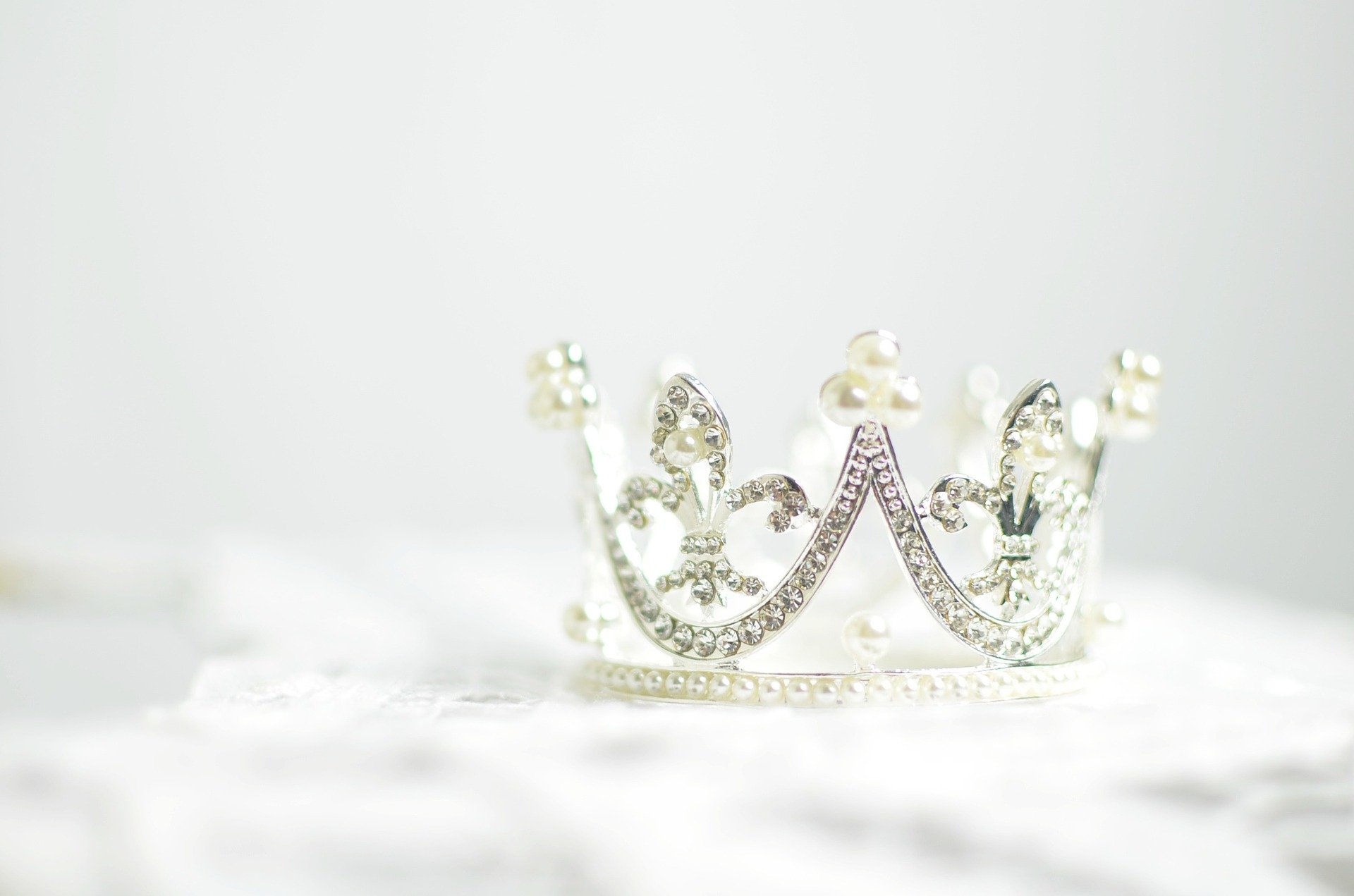Tender heart, courage and bravery are the garlands of this princess. While little is known of her, the nation of Israel can never tell its history with this unnamed princess. Let’s discovered her existence in today’s stuy as we explore Exodus 2
In this study, the tools we would use for this study are
- Who, What, When, Where, and How tool
- What does it mean?
- How does it apply to me today?
So let’s dig in and turn the bible to Exodus 2: 5-10
Who, What, When, Where, and How tool
The privileged Pharaoh’s daughter who seemingly has everything going for her noticed the basket among the reeds. She asked her for the basket to be brought to her. When she opened the basket, she saw a helpless baby crying. She felt sorry for him. She was aware of the plight of the hebrew baby boys
She accepted Miriam’s suggestion of a nurse for the baby boy discovered on the nile.
She paid for the services for Moses to be looked after by a nurse ( his mother)
Moses became Pharaoh’s daughter’s son and she called him Moses.
What does (this passage ) mean?
In her high esteem status in the society, she was able to notice the plight of those less privileged than she was.
She was aware of the decree her father Pharaoh had passed on the baby Hebrew boys, when she saw this basket, of this Hebrew baby boy she was not indifferent to his fate. This boy was not related to her rather was from a race her father saw as his enemy.
Her compassion on this baby out weighed the fear of going against Pharaoh’s order of death for the baby boy. She helped in the capacity that she could. She risked her own life to save a slave’s son. She didn’t just rescue baby Moses from death but committed herself to be a mother to him. Which would involve her station in the royal court, her money and the forever questioning of why she saved this baby boy?
Pharaoh’s daughter’s actions transcend ethnic boundaries. Her adoption of Moses reverses decree and saves Moses’s life and destiny.
Pharaoh’s daughter didn’t take advantage of Moses’ biological mum also his wet nurse. But paid her for the services.
Here was a baby boy who had been saved at childbirth because the Hebrew midwives would not follow Pharaoh’s order to kill the baby boys at birth. This baby boy is on the river Nile waiting. Unbeknown to her, this unnamed princess would lend herself to providence and save the baby boy inherently preserving the deliverer God had sent to Israel.
Pharaoh’s daughter took care of Moses from just a weaned little boy to a man of 40 years. During which time Moses was educated to the highest level ( I am thinking beyond reading and writing but leadership, management etc and the type versatility one would expect from a royal son and had the privileges of royalty. No expense spared. Moses was educated. As Moses was treated as Pharaoh’s daughter’s son even by those stewards and teachers who knew Moses was not an Egyptian but the rescued Hebrew boy.
We also see the braveness of this unnamed princess of Egypt. Though a softness and tender heart, she is also brave and resolved.
How does it apply to me today?
While the bible was not explicit about Pharaoh’s daughter’s marital status, she was now the mother to one of the boys her father was going to kill. I wonder how that might have impacted the relationship she had with her father, her eligibility to marry and if she was already married how she explained it away to her husband. Irrespective of the personal cost to her (costs which are beyond money) Pharaoh’s daughter stepped in to save a baby boy.
She stuck her neck out? What would we stick our neck out for? How do we react to the injustice around us in our communities? Are we indifference thinking it does not affect us directly or do we step up to help in the capacity of our ability?
Proverb 31 6-8 says
Speak up for those who cannot speak for themselves, for the rights of all who are destitute. Speak up and judge fairly; defend the rights of the poor and needy.
The bible tells us Ecclesiastes 9:10 : Whatever your hand finds to do, do it with all your might
This unnamed princess by providence was raising an inter-racial man. And she did all the best that she could. What do we have in our hands to do? Are we putting the very best to it?
While there is not much recorded about Pharaoh’s daughter, we don’t even know her name but what she did for Moses and the nation of Israel cannot be overlooked.
God changed many people’s names in the bible or gave them their names before they were born. I have wondered why God never asked that the name of Moses be changed? His name Moses was given to him by the mother ( Egyptian) who saved him and brought him up. For me it points to the recognition of the sacrifice and service this unmanned Princess made to bring up this vulnerable baby boy into the man God used to deliver Israel from Egypt.
The garlands of this unnamed princess are tender hearted, courageous and resolved. What are the garlands around your own neck?

